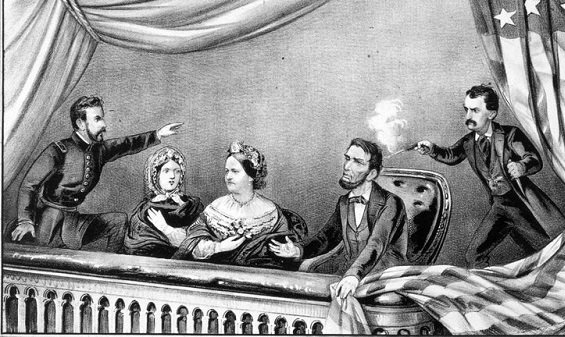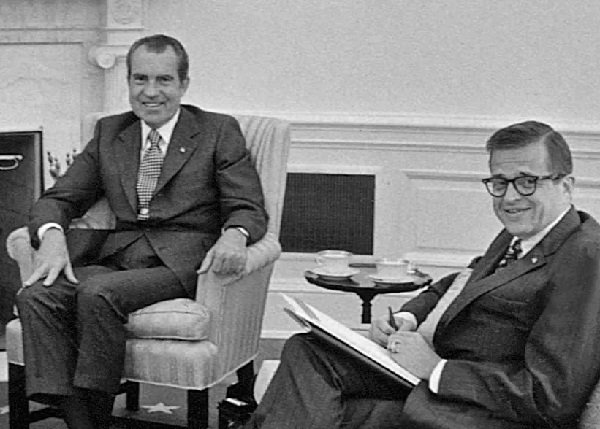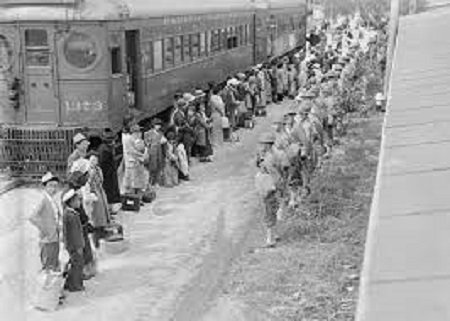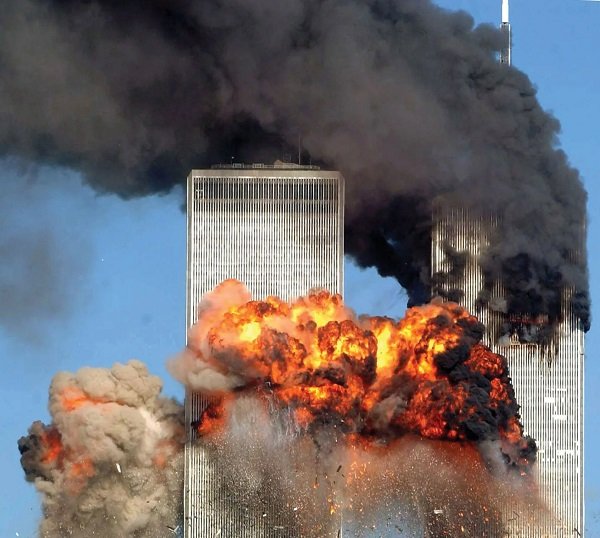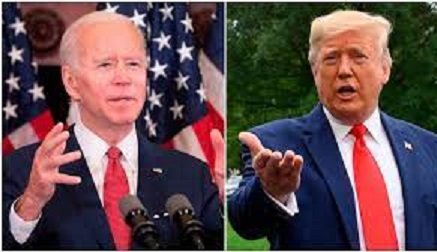Throughout US history, a series of deeply controversial moments have shaped the nation’s identity and provoked intense debates. From the Civil War, a devastating conflict over slavery, to the Watergate scandal that exposed corruption at the highest level, these events left indelible marks. The Japanese internment during World War II, the Civil Rights Movement, the Vietnam War, and the legalization of abortion in Roe v. Wade also ignited fierce controversies. The September 11 attacks, the invasion of Iraq, and the tumultuous presidency of Donald Trump further exemplify the divisive nature of these moments, reflecting the ongoing struggle for unity and justice in America.
American Civil War (1861-1865)
The American Civil War, spanning from 1861 to 1865, was a monumental and deeply divisive conflict that shaped the course of US history. Rooted in the contentious issues of slavery and states’ rights, it pitted the united states of the North against the secessionist Confederacy of the South. The war claimed the lives of an estimated 620,000 soldiers and civilians, making it one of the bloodiest conflicts in American history. It brought about profound social, political, and economic changes, ultimately leading to the abolition of slavery and a redefinition of federal authority. The Civil War left scars that took generations to heal, but it also marked a turning point in the struggle for civil rights and equality. Its legacy continues to shape discussions on race, citizenship, and the role of the federal government in American society.
Assassination of President Abraham Lincoln (1865)
The assassination of President Abraham Lincoln in 1865 was a seismic event that shook the United States to its core. Just days after the Confederate surrender, John Wilkes Booth, a Southern sympathizer, shot Lincoln at Ford’s Theatre in Washington, D.C. The nation was plunged into shock and mourning as news of the beloved President’s death spread. Lincoln’s assassination further deepened the wounds of the recently concluded Civil War, leaving a profound impact on the country’s trajectory. The loss of Lincoln, known for his leadership during the war and his push for the emancipation of enslaved individuals, cast a shadow over the Reconstruction era that followed, altering the course of post-war policy. The assassination remains a haunting reminder of the divisions and violence that permeated American society during this tumultuous period.
Watergate Scandal (1972-1974)
The Watergate Scandal, spanning from 1972 to 1974, remains one of the most infamous political scandals in American history. It began with the break-in at the Democratic National Committee headquarters in the Watergate complex, but it was the subsequent revelations of a complex web of illegal activities and cover-ups that shocked the nation. The scandal eventually led to the resignation of President Richard Nixon, making him the only U.S. president to step down from office. Watergate exposed abuses of power, including the use of surveillance, campaign finance violations, and obstruction of justice, which eroded public trust in the government. The investigations and hearings captivated the nation, highlighting the importance of a free press and the rule of law. The legacy of Watergate continues to serve as a cautionary tale about the dangers of unchecked power and the need for accountability in government.
Japanese Internment during World War II (1942-1945)
Japanese Internment during World War II, spanning from 1942 to 1945, represents one of the darkest episodes in American history. In the wake of the attack on Pearl Harbor, the US government, fueled by prejudice and wartime hysteria, enacted a policy that forcibly relocated around 120,000 Japanese-Americans, the majority of whom were US citizens, to internment camps. Stripped of their homes, businesses, and belongings, these individuals faced unimaginable hardships and endured years of confinement in desolate and overcrowded camps. The internment not only violated the principles of justice, equality, and due process but also inflicted deep emotional and psychological scars on the affected communities. In the aftermath of the war, the injustice of Japanese Internment became widely acknowledged, leading to reparations and an important reminder of the need to protect civil liberties and guard against xenophobia and discrimination.
Civil Rights Movement (1954-1968)
The Civil Rights Movement, spanning from 1954 to 1968, stands as a transformative and pivotal era in American history. Fueled by a collective desire for racial equality and justice, it aimed to dismantle institutionalized racism and segregation. Key events such as the Montgomery Bus Boycott, the March on Washington, and the Selma to Montgomery marches showcased the courage and determination of activists. Led by influential figures like Martin Luther King Jr., Rosa Parks, and Malcolm X, the movement galvanized the nation, challenging deeply entrenched discriminatory practices and advocating for equal rights. Despite facing violence, opposition, and resistance, the Civil Rights Movement achieved significant milestones, including the passage of landmark legislation such as the Civil Rights Act of 1964 and the Voting Rights Act of 1965. The movement’s impact reverberates today, reminding us of the ongoing struggle for racial justice and equality.
Vietnam War (1955-1975)
The Vietnam War, spanning from 1955 to 1975, was a deeply divisive and controversial conflict that left an indelible mark on American history. Initially driven by the Cold War ideology of containing communism, the US became embroiled in a brutal war against North Vietnam and their Viet Cong allies in the South. The war witnessed significant protests and anti-war movements, with widespread opposition to the draft and the government’s policies. It was the first war extensively televised, exposing the harsh realities and atrocities to the American public. The war resulted in the loss of over 58,000 American lives and countless Vietnamese casualties. Its outcome was marked by a withdrawal of US troops and the reunification of Vietnam under communist rule. The Vietnam War sparked a deep sense of disillusionment, shattered public trust, and ignited debates about the legitimacy of American military interventions.
Roe v. Wade (1973)
Roe v. Wade, a landmark Supreme Court decision in 1973, has had a profound impact on reproductive rights in the United States. The case centered around a woman named Jane Roe, who challenged Texas’ restrictive abortion laws. The Court, in a 7-2 ruling, held that a woman has a constitutional right to privacy, which includes the right to terminate a pregnancy.
This decision established the legal framework for abortion rights, but it has been a subject of intense controversy and debate ever since. Supporters argue that Roe v. Wade ensures women’s autonomy over their bodies and access to safe and legal abortions. Opponents, however, argue that it infringes on the rights of the unborn and should be overturned.
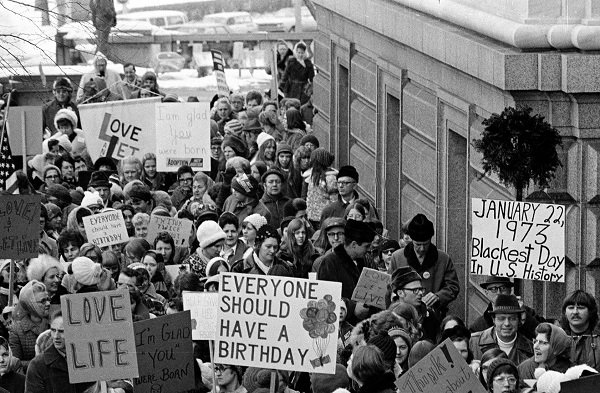
Over the years, the ruling has faced numerous challenges and attempts to restrict abortion rights at the state and federal levels. The ongoing battle over Roe v. Wade continues to shape the landscape of reproductive rights and remains a highly divisive and contentious issue in American society.
September 11 Attacks (2001)
The September 11 Attacks, also known as 9/11, were a series of coordinated terrorist acts on September 11, 2001, that shook the United States and the world. Nineteen hijackers affiliated with the extremist group al-Qaeda seized control of four commercial airplanes. They crashed two planes into the Twin Towers of the World Trade Center in New York City, causing the towers to collapse. A third plane struck the Pentagon in Arlington, Virginia, while the fourth crashed in a field in Pennsylvania after passengers bravely fought back against the hijackers.
The attacks resulted in the tragic loss of nearly 3,000 lives and caused extensive damage and emotional trauma. 9/11 had far-reaching consequences, leading to increased security measures, the creation of the Department of Homeland Security, and the initiation of the global War on Terror. The event has forever shaped international relations, national security policies, and the collective consciousness of people worldwide.
Invasion of Iraq (2003)
The Invasion of Iraq in 2003 refers to the military operation led by the United States and a coalition of allied forces to remove Saddam Hussein, the dictator of Iraq, from power. The invasion followed the belief that Iraq possessed weapons of mass destruction (WMDs) and posed a threat to global security. However, no conclusive evidence of WMDs was found.
The invasion, known as Operation Iraqi Freedom, quickly toppled Saddam Hussein’s regime, but the aftermath presented significant challenges. Sectarian violence, insurgency, and the rise of extremist groups plagued the country, leading to a prolonged and costly conflict. The war resulted in the loss of numerous lives, the displacement of millions of Iraqis, and the widespread destruction of infrastructure.
The decision to invade Iraq and its subsequent consequences remain highly debated and controversial. The invasion and its aftermath have had far-reaching implications for regional stability, international relations, and the perception of U.S. foreign policy.
Donald Trump’s Presidency (2017-2021)
Donald Trump’s presidency from 2017 to 2021 was marked by significant political and social shifts in the United States. As the 45th President, Trump’s tenure was characterized by a populist and unconventional approach to governance. His administration focused on an “America First” agenda, prioritizing domestic interests and challenging established norms.
Trump’s presidency saw a series of policy changes across various sectors. He pursued tax reform, deregulation and a more protectionist trade approach. His administration implemented stricter immigration policies and attempted to repeal the Affordable Care Act. Additionally, Trump appointed conservative judges to federal courts, including three Supreme Court justices.
However, Trump’s presidency was not without controversy. His divisive rhetoric, confrontational style, and conflicts of interest drew criticism. He faced impeachment proceedings twice, first on charges related to abuse of power and obstruction of Congress, and later on charges of incitement of insurrection following the storming of the U.S. Capitol in January 2021.
Overall, Donald Trump’s presidency left a lasting impact on American politics, polarizing the nation and reshaping the Republican Party. The consequences of his policies and actions continue to be a subject of intense debate and scrutiny.
Conclusion
The 10 Most Controversial Moments in US History have been pivotal in shaping the nation’s course and sparking impassioned debates. From civil rights struggles to political scandals, these events have challenged America’s ideals while propelling progress and change. As the nation continues to navigate its complex past, it is crucial to draw lessons from these moments, fostering a stronger and more inclusive future.

